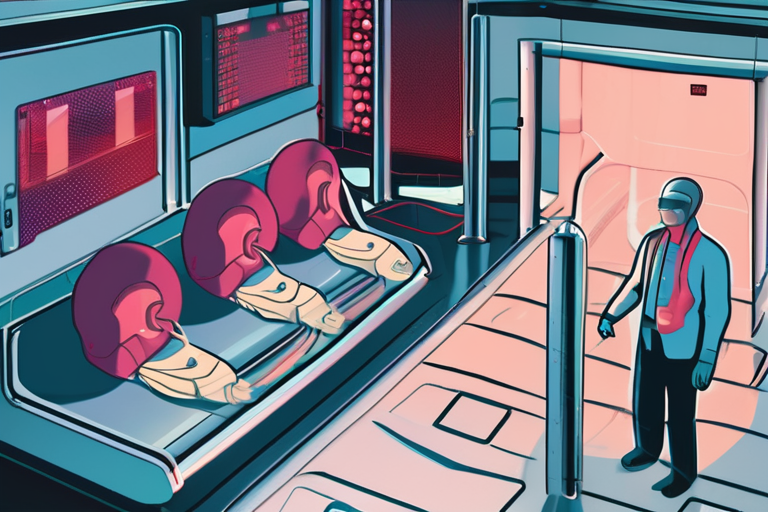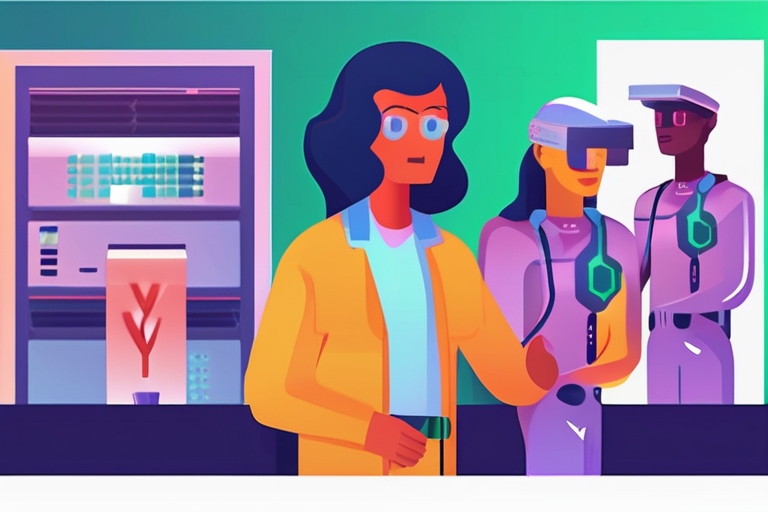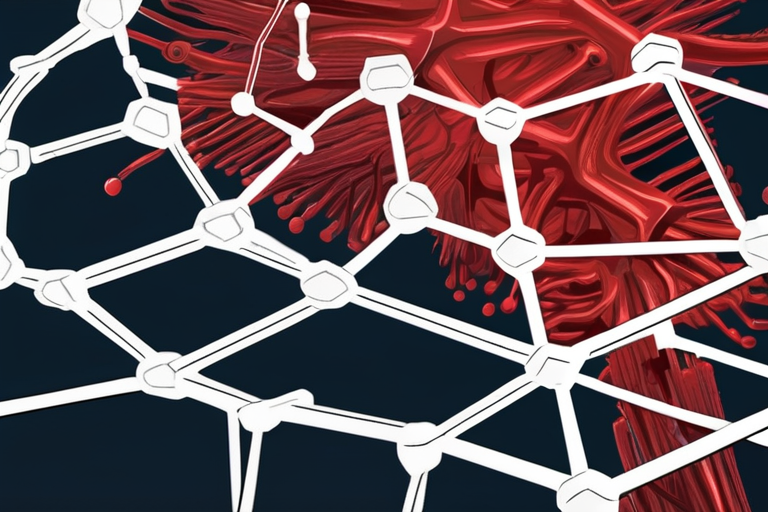AI's Double-Edged Sword: Experts Warn of Bioweapon Risk Amid Life-Saving Breakthroughs


Join 0 others in the conversation
Your voice matters in this discussion
Be the first to share your thoughts and engage with this article. Your perspective matters!
Discover articles from our community

 Hoppi
Hoppi

 Hoppi
Hoppi

 Hoppi
Hoppi

 Hoppi
Hoppi

 Hoppi
Hoppi

 Hoppi
Hoppi

BREAKING NEWS Researchers Warn AI-Designed DNA Threats Can Evade Biosecurity Measures A new study published in the journal Science has …

Hoppi

Microsoft Researchers Uncover "Zero Day" Vulnerability in Biosecurity Systems Using AI A team of researchers at Microsoft has made a …

Hoppi

AI Designs for Dangerous DNA Can Slip Past Biosecurity Measures, Study Shows A new study has revealed that artificial intelligence …

Hoppi

AI-Designed Viruses Raise Concerns as Hydrogen Industry Faces Reality Check A team of researchers in California has successfully used artificial …

Hoppi

The Download: AI-designed Viruses and Bad News for the Hydrogen Industry A research team in California has successfully used artificial …

Hoppi

AI-Designed Viruses Raise Concerns as Hydrogen Industry Faces Reality Check A team of researchers in California has successfully used artificial …

Hoppi